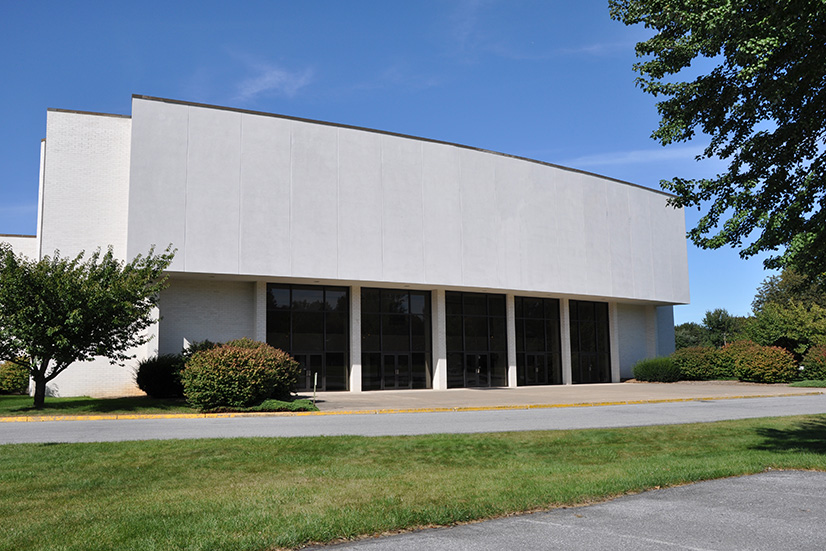As any business owner will tell you, energy costs are an overhead that can really cut into expenditures and therefore profitability. A number of decisions based on cost benefit analysis can be made to cut down the money you’re paying out in the short and long term, and energy savings could significantly contribute.
Energy saving light bulbs are a great investment when you consider that each one replaced can reduce lighting costs by up to £78 over the bulb’s lifetime. Studies have also shown that they can last up to 12 times as long as traditional bulbs.
Think carefully about the heating arrangements in your premises, for every degree you turn down your thermostat, you can save 3% on your heating bills. Are you empty heating rooms that are not used by employees? Is the temperature comfortable and steady for all workers? Are you insulating rooms and setting timers to avoid heating rooms when employees are not present?
Consider draught proofing and insulation, which is a good way to cut energy costs in the long term. Small offices can be draught-proofed with a DIY kit, although larger and more complex jobs may require professionals. Windows, doors, loft hatches, fittings and joints are all places where heat can escape.
Just as you would at home, shop around for the best deals on your energy tariff, and consider whether electric, gas or a combination is the best choice for your heating and hot water. Comparison sites like this: http://www.confused.com/gas-electricity/commercial-energy can help you to get the best deal.
Education for your staff is key to saving energy. Does everybody know to turn off lights, equipment and heating when leaving the premises? Are people keeping an eye out for ways in which energy is being wasted? If not, talk with your staff about the best practises to follow to minimise energy wastage and why they are so important.
Microgeneration is another way to save reduce energy costs and reduce your carbon footprint, lower bills and feed-in tariffs are two ways you can benefit. You can read our blog on the subject here.
As in all things in business, you must evaluate any outlays for energy savings against the savings in the long term, and all in relation to your cash-flow. Making informed, well-researched decisions is vital.
If you would like to talk to us about reducing your energy costs and making your business more environmentally friendly with renewable energy, get in touch today.







